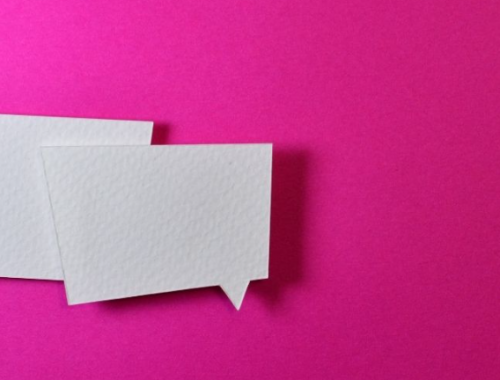
Protecting your mental health in an unequal world
Inequality has a direct impact on mental illness. Whether this inequality is social, economic or political, it is often exacerbated by unequal access to mental health services. For example, 75% – 95% of people with mental disorders in low- and middle-income countries have no access to mental health services at all.
Many of the people we support at Thrive are working to reduce these inequalities. Sometimes you have great success. Sometimes it’s hard to see any progress. This can often leave you feeling powerless – a feeling that is exacerbated if you work closely with the people most affected by inequalities.
We have seen this recently in the stories we have heard about the withdrawal from Afghanistan, which have highlighted the anxiety and guilt that many feel at being unable to keep people safe.
When we feel some degree of responsibility for such situations – which may run counter to our deeply held values – this can have an impact on our mental health. Military psychology has long used the term “moral injury” to describe the feelings of shame and helplessness that result from such situations. These feelings can have serious, often existential, consequences. It can alter our self-perception. It can also lead us to adopt unhelpful coping strategies, such as substance abuse, social withdrawal or self-destructive behaviour.
“Are you taking on too much responsibility for others?”
More generally, in fighting inequality, we may feel an imbalance between giving and receiving. This can lead to fatigue and even burnout (described by Quaker author and activist Parker Palmer as “going against one’s nature in the name of nobility”).
It is also important to remember that inequality is not all “in the field”. Our industry has a long way to go in addressing inequality within organisations. At Thrive, we work with people who experience unequal opportunities in the industry because of their race, ethnicity or gender. The industry is addressing these inequalities and talking about diversity, and we encourage individuals and teams to engage in this dialogue.
For teams to flourish, all members should be respected, valued and treated fairly. Even when working in challenging environments, this can have a significant impact on an individual’s wellbeing and motivation. We must therefore be able to do internally what we claim to do externally – it is vital to create a safe culture where inequalities can be discussed and acted upon.
Inequality is everywhere. So how do we stay healthy and find balance when we work in an unequal world? When does our motivation to fight injustice go from something that makes us resilient to something that drains our energy? How do we maintain a sense of “self” in an industry where inequality exists and our contributions may not be valued? Here are some suggestions:
Be self-aware. Think about a time when you were treated unequally and how it affected the way you see yourself. Are you grappling with feelings of powerlessness from past experiences? Are you taking on too much responsibility for others?
Establish good boundaries. Watch out for patterns of “excessive” behaviour. These patterns of behaviour are often reinforced by habits of thought that force you to overdo it. Consider establishing boundaries, even if they make you feel uncomfortable. This could mean turning off your computer at 6pm, or saying ‘no’ to an interesting new project.
Live in the moment. Set some achievable goals and recognise success, no matter how small. If you find yourself worrying about the future, take a step back and think about what you can do to make today enjoyable.
Seek support. If struggling with inequality and injustice is damaging your mental health, making relationships difficult or undermining your ability to work well, then consider seeking professional support to help you reframe and find ways to remain resilient. Don’t wait until you are in crisis to seek support – proactive support is much more effective in achieving positive and sustainable change.
Acknowledge your feelings. There are good reasons for frustration, anger and rage in the world! Avoiding or downplaying these feelings will only replace them. It’s just not true. But also remember that anger drains your energy, and you need that energy to keep fighting.

您可能也喜欢

9 Ways to Create Psychological Safety in Your Organisation
05/09/2024
Why a severe calorie deficit isn’t always good for weight loss (Part 2)
05/11/2024

